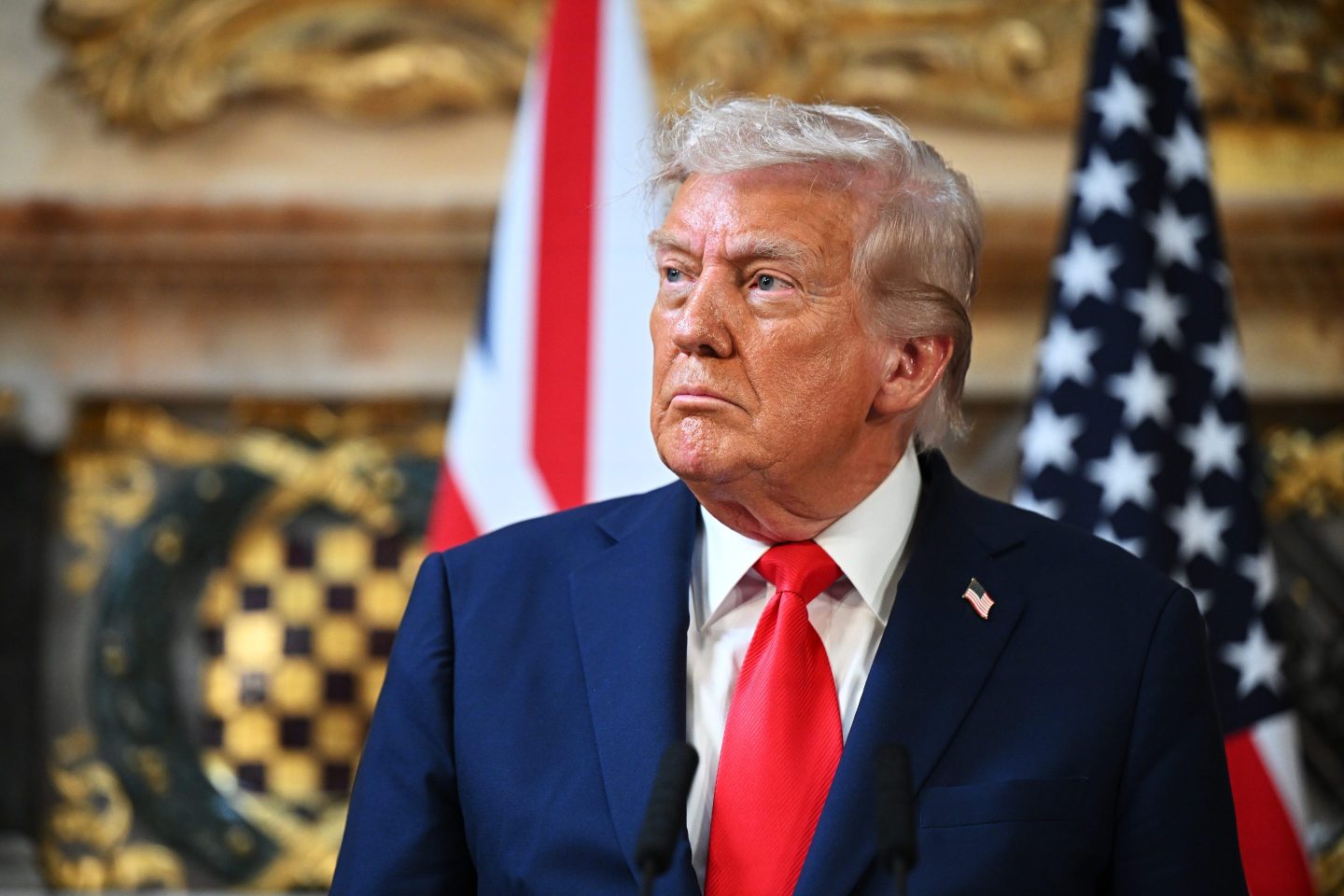Just when U.S. Steel thought the ink had dried on its new future with Japan’s Nippon Steel, the company ran into a political reality check: President Donald Trump’s administration and its new “golden share” authority.
The golden share—essentially a veto power over certain corporate moves—was a condition for White House approval of Nippon Steel’s $14.1 billion acquisition of U.S. Steel in June. The president used this power to halt a planned plant shutdown in Granite City, Ill., The Wall Street Journal first reported on Friday.
Two weeks ago, U.S. Steel notified the Granite City plant and its 800 workers that operations would cease in November. The company planned to pay the employees, despite closing steel production.
But Commerce Secretary Howard Lutnick learned of the plan and called U.S. Steel Chief Executive Dave Burritt, telling the exec he wouldn’t allow operations to cease, sources told the Journal. Lutnick added that Trump would use his golden share authority.
Lutnick described U.S. Steel’s plan to pay employees despite the plant not operating as “nonsense,” in a recent CNBC interview.
Within days, the steelmaker reversed course, telling the Journal “Our goal was to maintain flexibility, and we are pleased to have found a solution to continue to slab consumption at Granite City.”
The White House, Commerce Department, and U.S. Steel did not immediately respond to Fortune for comment.
Union leaders opposed Nippon Steel’s acquisition, warning that the company would close domestic plants and instead import foreign-made steel from other locations. But Trump’s corporate intervention prevented this.
A national security agreement between the government and Nippon Steel gives Trump authority over a suite of changes, from factory closures and relocations to salary modifications and big-ticket operational shifts.
It marked another development in the government’s control over private industrial decisions.
Nvidia and AMD agreed to pay the administration 15% of their sales from chips sold to China. Other examples include Trump’s $8.9 billion stock deal with Intel, making the federal government the chipmaker’s top shareholder, and a deal with MP Materials that makes Defense Department the principal shareholder in America’s leading rare earth miner.
Some analysts warn that investors may now have to factor in political risk ranging from regulatory intervention to executive overrides.
But the golden share concept isn’t completely new. Governments in the U.K., Brazil, and China have long used similar arrangements to retain influence in privatized sectors, such as defense, aviation, and infrastructure.
But the U.S. move is notable for the sheer scope: while the Committee on Foreign Investment in the United States previously imposed security conditions on mergers, Trump’s agreement goes further, granting presidential oversight of broad operational decisions.
The Granite City intervention may serve as a temporary reprieve to employees and the local economy.
“We need a future,” Craig McKey, president of United Steelworkers Local 1899 at Granite City, told The Wall Street Journal. “Whatever they give us, we’re willing to do the work.”












